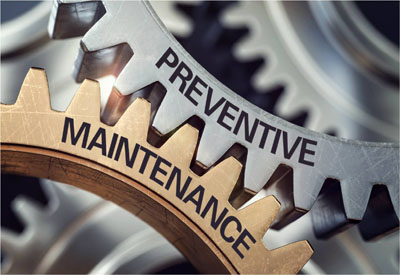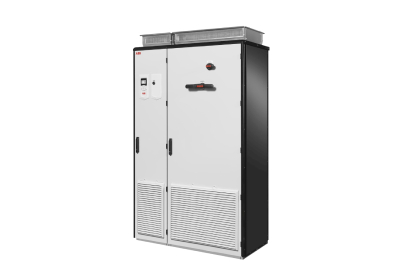Eclipse Automation: The Importance of Preventive Maintenance

April 18, 2018
Advanced technology is constantly evolving within the manufacturing ecosystem by embedding smart devices within the manufacturing process. Collecting and analyzing data from these smart devices can then be used to determine which equipment is not running at optimal performance and what maintenance needs to be performed. Defined as preventive maintenance, this strategy allows companies to perform maintenance efforts on a regular basis to avoid future and costly unexpected downtime. It is crucial to understand the importance of preventive maintenance best practices when using software to monitor performance patterns and scheduling maintenance.
Manufacturing benefits of implementing a preventive maintenance program utilizing data collection:
- Improved health and safety for workers. Preventive maintenance promotes safety within the workplace as it increases the equipment’s performance and reduces the chances of injuries.
- Unexpected downtime is costly. Equipment failure can cause costly downtime, missed manufacturing deadlines and possibly future severe damage to equipment. Implementing a preventative maintenance program will assist with performing routine maintenance during scheduled downtime resulting in lower downtime costs and increased productivity.
- Increase in production quality. Unexpected downtime can decrease product quality resulting in damage to the company’s corporate image, client relationship, reputation, and financial performance.
- Increased profitability and production efficiency. Implementing a preventative maintenance process includes scheduled inspections to identify electrical changes or part replacement in order to maintain the equipment at its maximum operational capacity.
- Improved inventory and workforce management. Ensuring production uptime enables manufacturers to maintain inventory levels and coordinate labour efforts prior to potential failures.
- Increased equipment ROI. Automated manufacturing equipment can be a significant capital investment, by implementing a preventative maintenance routine, it can enhance and increase the life cycle of the equipment.
Eclipse Automation understands the importance of preventive maintenance by offering a wide range of services, maintenance, and upgrades in order to preserve the equipment at its peak performance. Our highly qualified service department provides key recommendations for all your manufacturing needs by finding and solving unforeseen business challenges at a competitive price.
http://www.eclipseautomation.com/the-importance-of-preventive-maintenance-performance/








